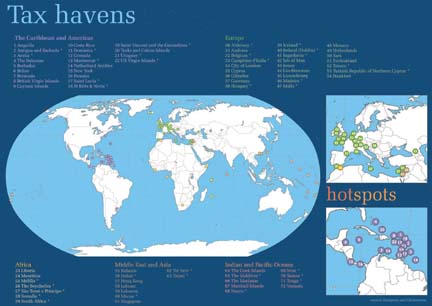Boston Globe
August 31, 2006
By George Soros
The failure of Israel to subdue Hezbollah demonstrates the many weaknesses of the war-on-terror concept. One of those weaknesses is that even if the targets are terrorists, the victims are often innocent civilians, and their suffering reinforces the terrorist cause.
In response to Hezbollah’s attacks, Israel was justified in attacking Hezbollah to protect itself against the threat of missiles on its border. However, Israel should have taken greater care to minimize collateral damage. The civilian casualties and material damage inflicted on Lebanon inflamed Muslims and world opinion against Israel and converted Hezbollah from aggressors to heroes of resistance for many. Weakening Lebanon has also made it more difficult to rein in Hezbollah.
Another weakness of the war-on-terror concept is that it relies on military action and rules out political approaches. Israel previously withdrew from Lebanon and then from Gaza unilaterally, rather than negotiating political settlements with the Lebanese government and the Palestinian authority. The strengthening of Hezbollah and Hamas was a direct consequence of that approach. The war-on-terror concept stands in the way of recognizing this fact because it separates “us” from “them” and denies that our actions help shape their behavior.
A third weakness is that the war-on-terror concept lumps together different political movements that use terrorist tactics. It fails to distinguish between Hamas, Hezbollah, Al Qaeda or the Sunni insurrection and the Mahdi militia in Iraq. Yet all these terrorist manifestations, being different, require different responses. Neither Hamas nor Hezbollah can be treated merely as targets in the war on terror because they have deep roots in their societies; yet there are profound differences between them.
Looking back, it is easy to see where Israeli policy went wrong. When Mahmoud Abbas was elected president of the Palestinian Authority, Israel should have gone out of its way to strengthen him and his reformist team. When Israel withdrew from Gaza, the former head of the World Bank, James Wolfensohn, negotiated a six-point plan on behalf of the Quartet for the Middle East (Russia, the United States, the European Union and the United Nations). It included opening crossings between Gaza and the West Bank, an airport and seaport in Gaza, opening the border with Egypt, and transferring the greenhouses abandoned by Israeli settlers into Arab hands.
None of the six points was implemented. This contributed to Hamas



